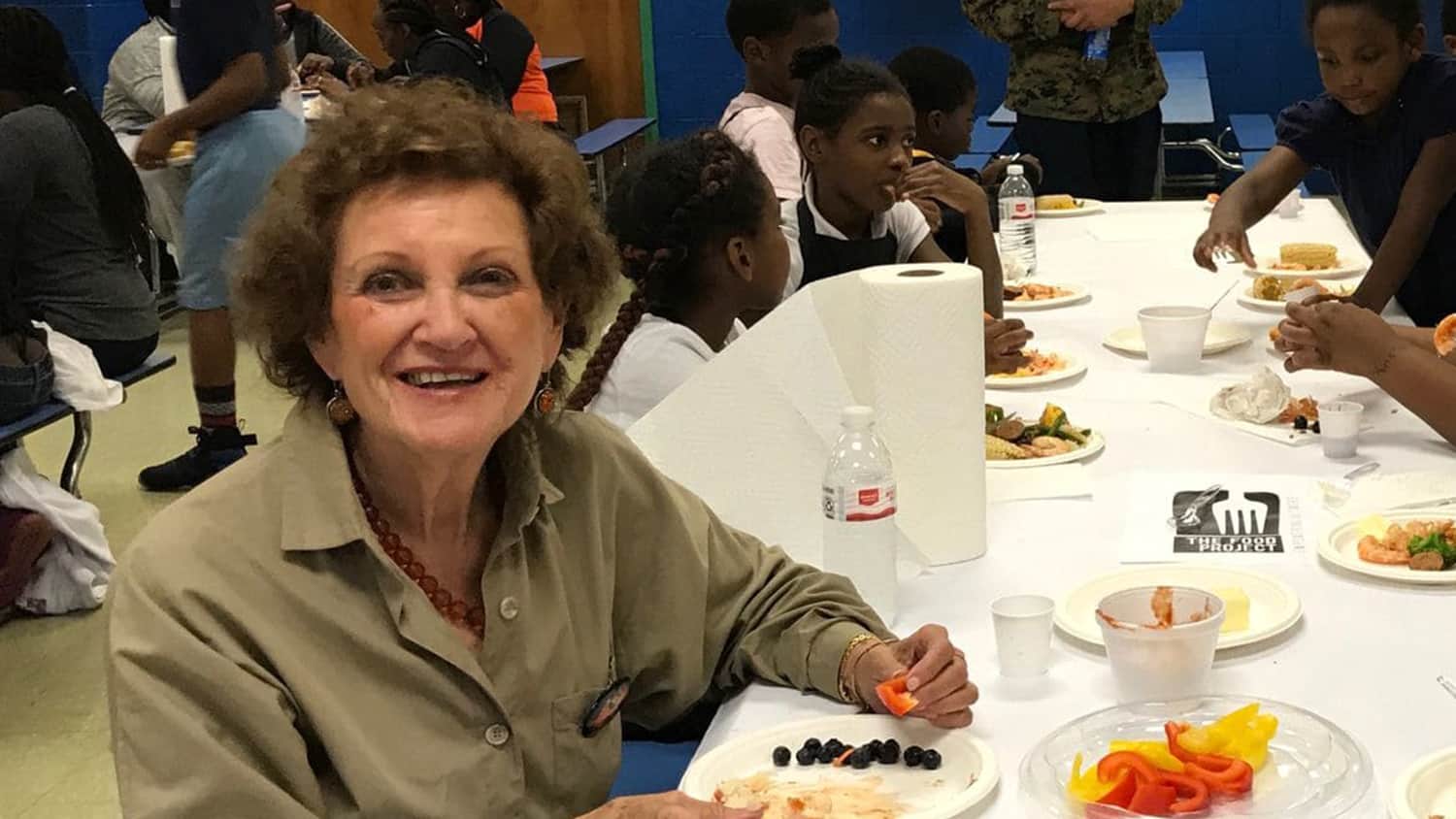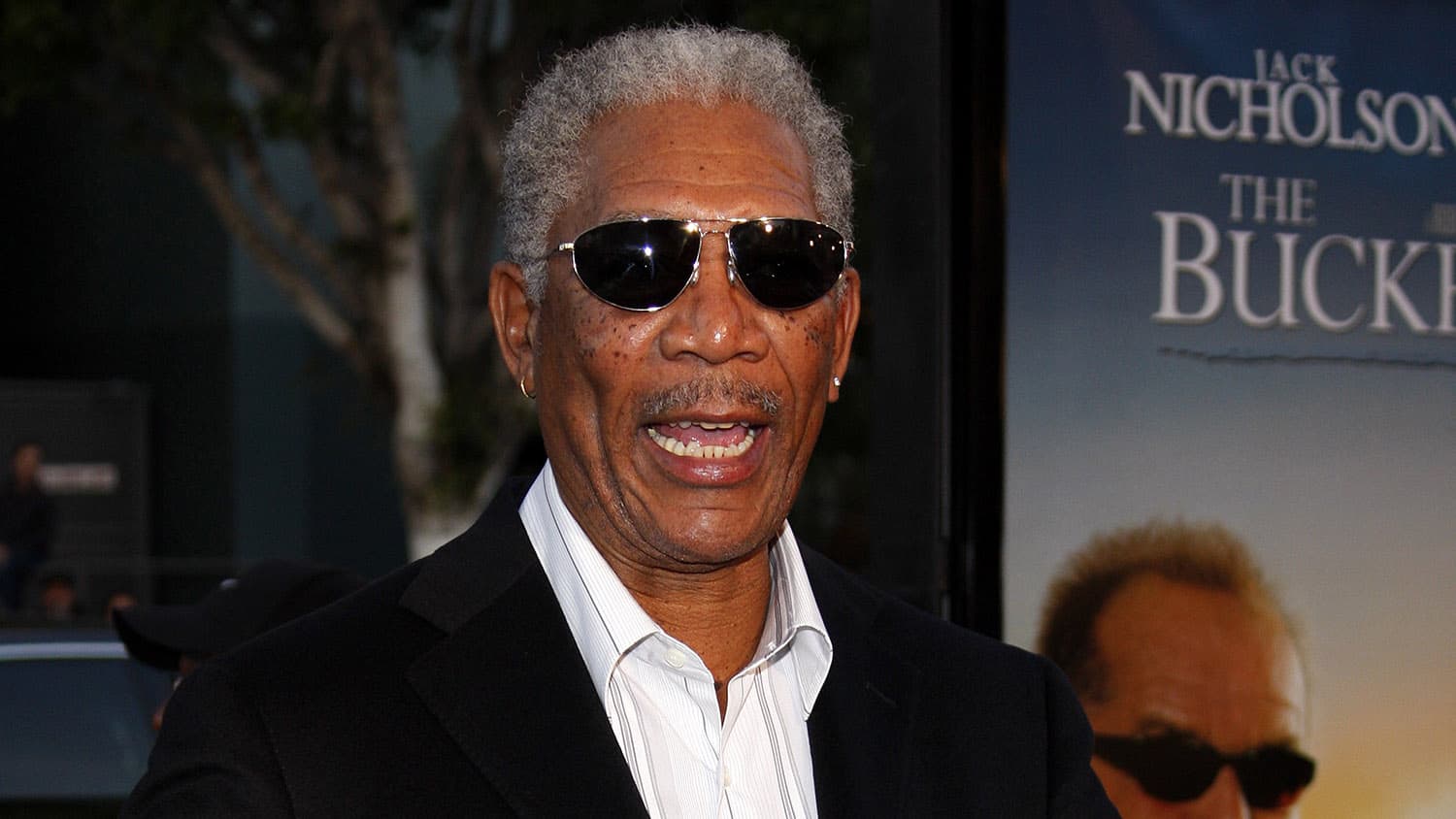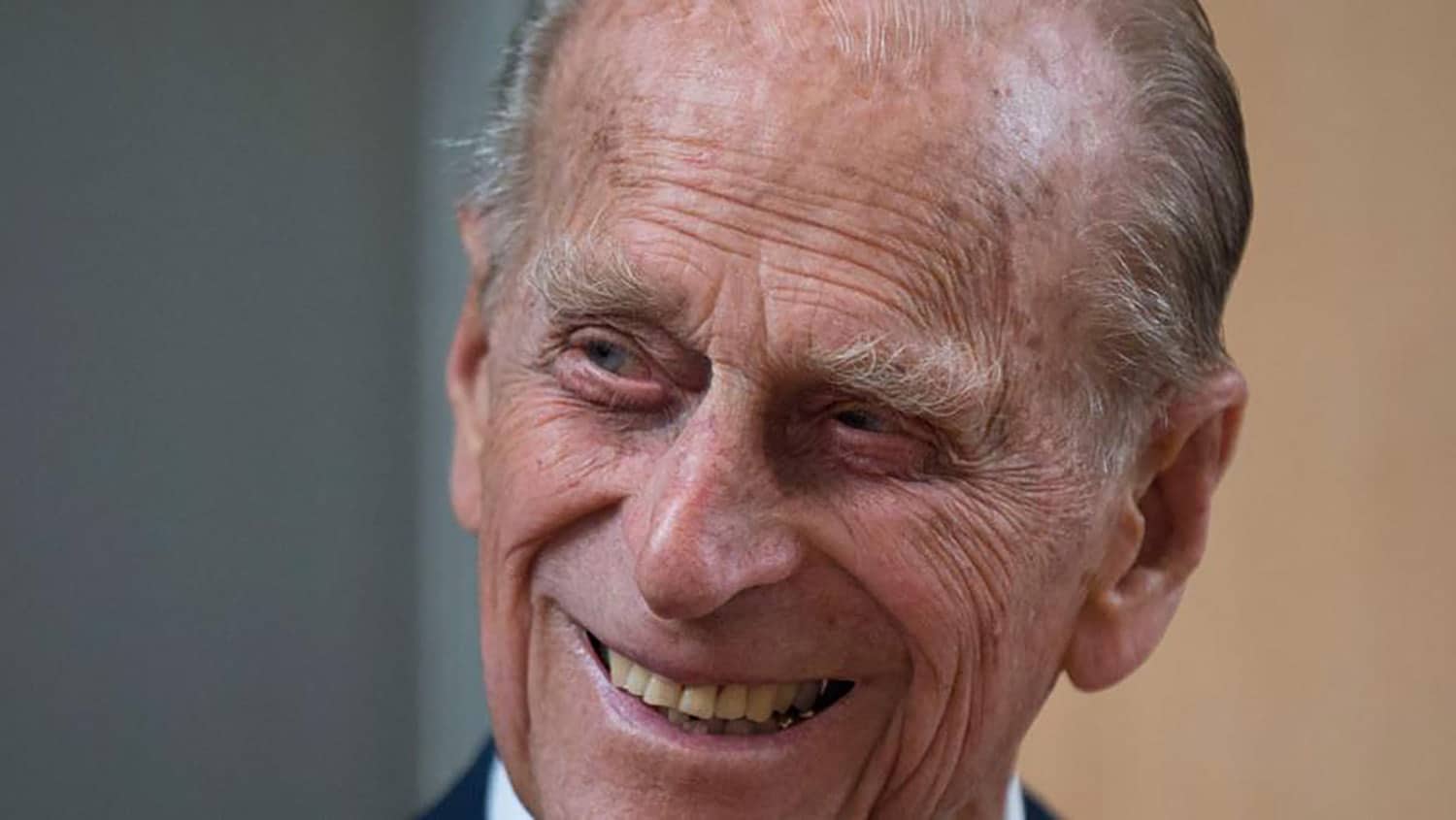
Great-Grandmother Forgives Her Attackers… Then, This Happens!
Last year, I was walking down a busy street in downtown London when an overweight man in a baggy coat swerved into my path and almost knocked me over. He looked up and, with breath smelling like cheap beer and cigarettes, yelled, “Hey, watch it, you stupid cow!”
As I looked into his eyes, I mentally braced myself for him to strike me. He certainly seemed angry enough to lash out. He pushed my shoulder angrily and I felt my heart beating in my chest.
Not knowing what else to do, I just waved my hands in the air and, as I backed up, I apologized, even though he was the one who had bumped me.
He spit on the ground and stumbled off. I’m sure he didn’t remember me or our encounter the next day.
The event stuck with me for months. I think it was the randomness of the encounter that struck me the most. Why then? Why there? What if? And, most of all, why? Why was this man so angry? Was this the way that he always was? Or, was he just having a particularly bad day?
I Had Pretty Much Forgotten About This Incident… Then, I Read This Story
I didn’t think too much about my late-night encounter until I read a story about Baltimore City Councilwoman Rochelle “Rikki” Spector.
Like me – and so many other women – Rochelle was the victim of random anger and greed. Unlike me, her encounter was not limited to a few choice words and a shove. She was carjacked and left with a black eye.
Ultimately, Rochelle, who was approaching her 80th birthday, recovered from her injuries and her attackers were brought to justice.
As the teenagers, 16 and 14, spent time in juvenile detention, Rochelle planned her next move.
So, what did she do? Did she sue the children or their families? No. Did she use her position to rally for stricter punishments for young offenders? No. Did she confront her attackers? In a way… but, just not in the way that you might expect.
Rochelle Did More than Just Forgive and Forget… She Engaged
Rochelle wanted to do more than forgive; she wanted to understand. So, she set out to explore the Carrollton Ridge neighborhood of Southwest Baltimore that the boys called home.
After seeing the difficult conditions that the boys grew up in, she decided to help.
First, she got directly involved with UEmpower, a non-profit group that provides assistance for low-income teenagers in Baltimore. She was even able to help the organization to find additional space for their food program.
Second, she took a personal interest in the two teenagers who attacked her. Amazingly, she actually became a mentor to the two boys!
While some people might not understand Rochelle’s decision, to the great-grandmother, the right choice was obvious.
In an interview with the Washington Post, Rochelle said, “They’re our people. They live where we live. They walk where we walk. We share our space. We have to learn to respect and not harm each other.”
According to the Washington Post, both boys have benefited from Rochelle’s mentorship and have become more trusting, engaged and patient.
We Can’t Change What Happens Too Us… Only How We Respond
Looking back at my own life, I can remember several times when I was harmed by others… not necessarily physically, but, emotionally and mentally.
Rochelle’s story makes me wonder if I would have been so generous in her position. Would you?
To be clear, I don’t think any of us “owes” the people who hurt us anything. Rochelle’s story aside, sometimes people can’t be helped and it’s not our responsibility to save the world.
At the same time, Rochelle’s story reminds us that, while some people can’t be helped, some people can. This is especially true of young people, for whom the future is still undetermined.
Sometimes, allowing ourselves to feel like victims – even if we are – simply reinforces our pain and fear. Taking control of the situation, whenever possible, is a better approach. This could involve forgiveness. Or, it could involve helping others to avoid the situations that have caused us pain.
I’m not saying that I am there yet. But, Rochelle’s story makes me want to try even harder to get there.
Do you think that forgiveness helps the victim more than the perpetrator? Why? What do you think of Rachelle’s story? What would you have done in her situation? Let’s have a chat!
Feature image: Michelle Suazo






